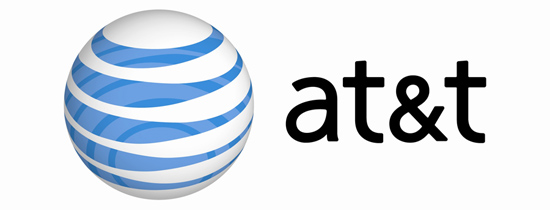Earlier this year, AT&T announced it would purchase the US branch of German carrier T-Mobile for as much as $39 Billion, merging both networks into one. In a surprising move, the US Government is filing a complaint in federal court in order to stop the merger.
This unexpected announcement suggests that the United States Department of Justice shares the fears of many consumer rights groups and technology enthusiasts who find this merger anti-competitive, as expressed by the DoJ in its filing:
AT&T’s elimination of T-Mobile as an independent, low- priced rival would remove a significant competitive force from the market,
The filing argues that the merger of two companies as large as T-Mobile and AT&T would represent an anti-trust violation, as well as choke off competition. Indeed, if both of these carriers were merged into one, the only major competitors remaining would be Verizon and Sprint. The lack of competitors could reduce the pressure for all carriers to keep their prices low in a world were bandwidth is becoming increasingly competitive.
Later on, Julius Genachowski, the Chairman of the FCC, the organization responsible for regulating all the communications services in the United States, stated that he supports the Department of Justice’s filing, citing his concerns for the future of meaningful competition in the wireless space:
By filing suit today, the Department of Justice has concluded that AT&T’s acquisition of T-Mobile would substantially lessen competition in violation of the antitrust laws.
Deutsche Telekom, the current owner of T-Mobile, wasn’t immediately available for comment, yet AT&T issued a reply dismissing the US Government’s concerns. In its statement, the carrier argued that the merger will contribute to more investment in American infrastructure, making high-speed wireless coverage available to move customers, as well as create "tens of thousands of jobs" in the process. AT&T promises to contest this matter in order to move forward with the merger:
We plan to ask for an expedited hearing so the enormous benefits of this merger can be fully reviewed. The DOJ has the burden of proving alleged anti-competitive affects and we intend to vigorously contest this matter in court.
T-Mobile, which first became available in the United States in 2002, has long been known as a champion for keeping the prices of its services low, stopping other competitors for hiking their fees. Its demise would likely lead to higher prices on the long run as pressure is taken off its remaining competitors.
The United States Government has the power to stop the merger, keeping T-Mobile independent, yet it doesn’t exercise its right often. Judging by what we know about Corporate America, not even the Federal Government can beat an army of really good lawyers.
(via Gizmodo)
You can follow us on Twitter or join our Facebook fanpage to keep yourself updated on all the latest from Microsoft, Google and Apple.

